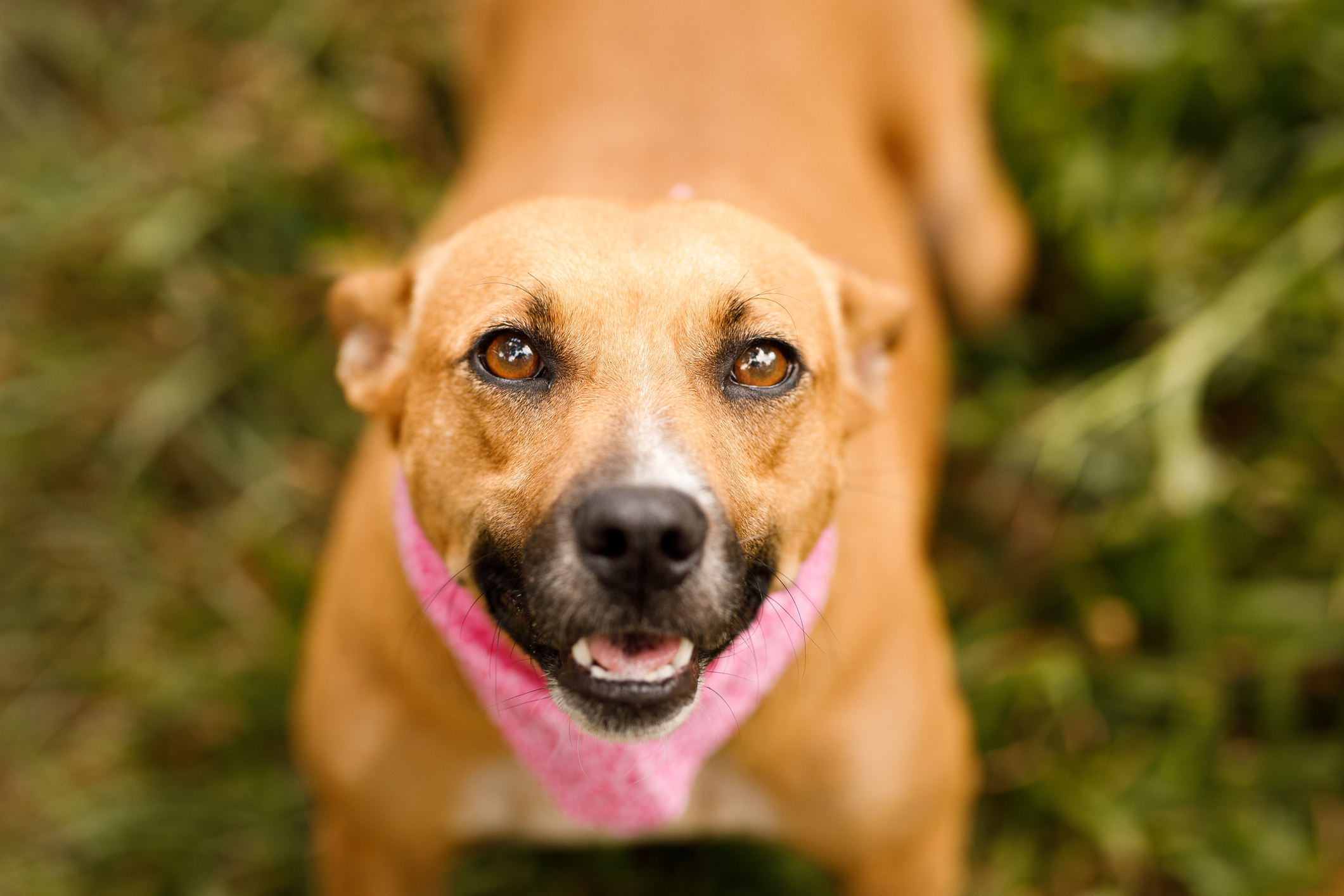Do Cats and Dogs Get Breast Cancer? What Pet Parents Should Know About Mammary Cancer
Doctor of Veterinary Medicine

While efforts are made to answer all questions as quickly as possible, if an immediate answer is required or if your pet is in need of urgent or emergency care, contact your pet's veterinarian immediately.
Doctor of Veterinary Medicine

You will receive an answer from Dr. Lindsay and our vet/tech team as soon as possible, usually the same day.
All answers are provided for informational or educational purposes only, and are intended to be a supplement to, and not a substitute for, the expertise and professional judgment of your pet's veterinarian.
It may be necessary to consult your pet's veterinarian regarding the applicability of any opinions or recommendations with respect to your pet's symptoms or medical condition.
CloseDoctor of Veterinary Medicine

An error has occurred, please reload the page and try again.
CloseDoctor of Veterinary Medicine

While efforts are made to answer all questions as quickly as possible, if an immediate answer is required or if your pet is in need of urgent or emergency care, contact your pet's veterinarian immediately.
There is no answer related to your question

Breast cancer, referred to as mammary cancer in dogs and cats, is one of the most common, and also one of the most preventable types of cancer that affect our pets.
In honor of Breast Cancer Awareness Month, learn how breast or mammary cancer affects dogs and cats and what to look for to catch cancer early.
What Is Breast Cancer in Pets?
Breast cancer in pets, also known as mammary cancer, is a mass of abnormal, uncontrollably growing tissue in one of the mammary glands located along your pet’s belly.
What Causes Mammary Cancer in Dogs and Cats?
The single biggest risk factor for mammary cancer in dogs and cats is spaying your pet after they are fully grown, or not spaying your pet at all.
Another major risk factor is obesity, which can cause hormonal fluctuations that may stimulate tumor growth.
Some breeds are genetically predisposed to developing mammary cancer. At-risk dog breeds include the Miniature Poodle, German Shepherd, Cocker Spaniel, and Doberman. For cats, the Domestic Shorthairs and Siamese seem to be most commonly affected. Even so, any pet, including purebred and mixed-breed pets, can develop cancer.
Does Spaying Prevent Cancer in Dogs and Cats?
According to the Merck Veterinary Manual, as many as 1 in 3 intact female dogs will develop mammary cancer at some point in their life. What’s more, around 50% of tumors in female dogs affect the mammary glands.
When a dog or cat is spayed before their first heat cycle, which usually starts around four to six months of age, their mammary glands will not fully develop, greatly reducing their chances of developing mammary cancer.
According to the American College of Veterinary Surgeons, dogs spayed before their first heat have a 0.5% risk of mammary cancer, while those spayed after their first and second heat have an 8% and 26% risk, respectively.
If your pet is spayed after their second heat cycle, they will have the same risk of developing mammary cancer as a pet that is not spayed at all. However, spaying later in life still offers other benefits such as preventing unwanted litters and protecting your pet from pyometra, a potentially life threatening uterine infection.
However, spaying early in life has been linked to other health risk factors like incontinence and an increased risk of other types of cancer, especially in breeds predisposed to cancer. Large breed dogs, in particular, may be at greater risk for skeletal issues if spayed before adulthood. Your veterinarian can help you weigh the pros and cons of spaying your pet early.
How To Monitor Your Pet For Breast Cancer
In dogs, mammary cancer typically affects those over four years of age, while affected cats are around ten to twelve years on average. Intact pets are more likely to be affected shortly after their heat cycle due to hormonal fluctuations.
You can begin monitoring your pet for cancer at any age. As you pet your dog or cat, gently run your hands along their belly to get a baseline idea of how their healthy tissue should feel. Also monitor your pet’s lymph nodes, located behind joints, under the jaw, and at the front of their chest, as lymphoma is another common type of cancer in pets.
A cancerous tumor tends to be hard, may be smooth or ridged, and is generally unmovable, firmly attached to the surrounding tissue. It will usually not be painful at first, but can eventually cause pain, discharge, and swelling of the mammary tissue.
About 50% of mammary tumors in dogs are malignant. For cats, though, around 90% of mammary tumors are malignant. Mammary tumors in male dogs and cats are rare, but when they do develop they are usually malignant.
It’s crucial to have your pet examined as soon as possible any time you discover a lump or bump anywhere on your pet’s body. Your veterinarian can quickly rule out cancer by aspirating the lump, a simple process that takes minutes.
How Is Mammary Cancer Treated in Pets?
The recommended treatment for mammary cancer in pets is usually surgery. Often, the cancer is cured once the mass is removed. Caught early, it’s unlikely that the cancer will return or spread.
The smaller the tumor, the better the prognosis. Mammary cancer typically spreads to the lymph nodes and lungs. If the cancer has spread, chemotherapy may be recommended, sometimes in combination with surgery. Treatment of advanced mammary cancer in pets is typically palliative.
 Swipe
Swipe


















